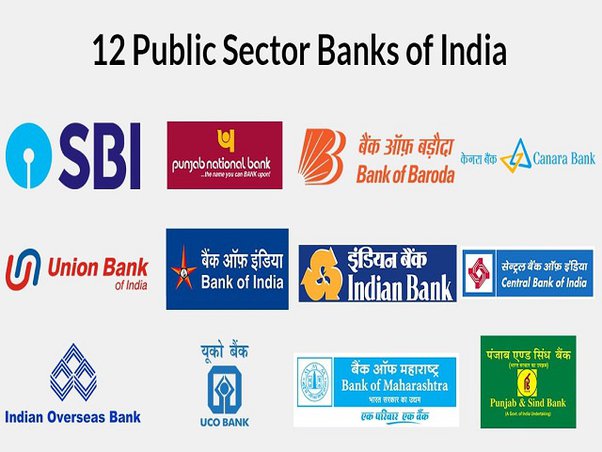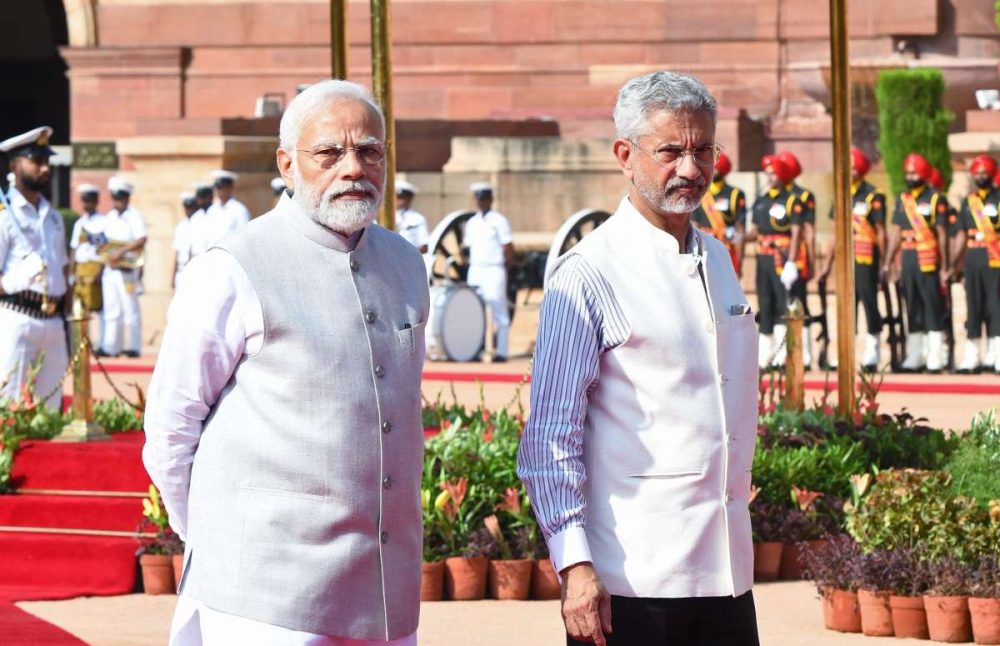NatWest, Lloyds, HSBC and Barclays experienced total outflows of about £78bn in the 12 months to June 2023…reports Asian Lite News
Deposits at the UK’s four biggest banks have fallen by close to £80bn over the past year, as retail and corporate customers look for better interest rates, households grapple with higher costs and mortgage holders pay off loans early.
NatWest, Lloyds, HSBC and Barclays experienced total outflows of about £78bn in the 12 months to June 2023, according to an analysis of corporate filings by the Financial Times. That is the largest drop over four quarters since June 2018, the most recent year for which data is available for all of the lenders.
While the “big four” still hold close to £240bn more in deposits than they did in 2019, rival lenders’ offer of higher interest rates is forcing them to improve their own deals.
“[Retail] customers are migrating from current accounts at the large incumbent banks into savings or fixed-term deposits at some smaller peers,” said Benjamin Toms, analyst at RBC Capital Markets, while “the significant driver in the corporate space is the search for yield from corporate Treasury departments”.
Smaller companies would also have repaid government-backed loans issued during the pandemic that had sat unused in their accounts, he said.
Toms added: “[Retail] customers have also been using surplus deposits to pay down debt, including both mortgages and credit cards, and generally manage their expenses as a result of a higher cost of living.”
Deposits began rising in the final quarter of 2019, jumping by nearly £80bn in the second quarter of 2020 as pandemic curbs hit spending. They peaked at more than £1.5tn in Q2 2022.
While smaller lenders benefited from the surge, deposits at the big four rose by 20 per cent in the four years to June, almost twice the average of Santander, Virgin Money UK, Metro Bank and TSB.
Holding larger deposits in a period of rising interest rates boosts banks’ net interest margins — the difference between what they offer depositors and what they charge for loans.
With interest rates at a 15-year high of 5.25 per cent, lenders have come under mounting pressure over their speed in passing on the benefits of higher interest rates to savers.
The House of Commons Treasury select committee last month accused the big four of “blatant profiteering” by “squeezing higher profits from their loyal savings customers”, while the Financial Conduct Authority last week set a deadline for banks to justify low interest rates or face penalties.
The FCA and the data watchdog also told lenders in July that they could communicate better savings rates to customers and follow data protection rules, after banks raised concerns over compliance.
High street banks have responded by improving rates on instant access accounts, which now range from 1-1.75 per cent compared with 0.7-1.35 per cent a month ago. But they still lag rivals such as JPMorgan’s Chase UK, which plans to increase its instant access savings rate to 4.1 per cent from next week.
One senior executive at a smaller bank said that while rising living costs had contributed to the roughly £78bn outflow, it had largely been driven by consumers withdrawing money to repay mortgages early, in order to defray potential costs from higher rates.
“I think some people are saying: ‘My mortgage is getting a bit expensive but I’ve got all this cash in my bank.’ So they’ll repay some or all of it, depending on how much money they have,” he said.
BoE data published last month showed that the “effective” interest rate — the actual interest rate paid — on outstanding mortgages increased by 0.1 percentage points in June to 2.92 per cent. The average 2-year tracker rate is now at 6.18 per cent.
The central bank also found that households withdrew a net £8.4bn from instant-access “sight” accounts offering interest in June, while they put a net £6.6bn into more competitive, longer-term fixed rate products, which are more costly to banks as the margin is smaller.
Katie Murray, NatWest’s chief financial officer, said at the bank’s half-year results in July that a “greater move to interest-bearing assets”, and competition in mortgages, was behind its cut to its net interest margin guidance.
Goal to ‘level up’ fails
The UK is headed for five years of lost economic growth as the government fails in its goal to “level-up” the country’s regions and reduce inequality, an influential think tank says.
Gross domestic output is unlikely to return to its pre-pandemic level before 2024, according to forecasts from the London-based National Institute of Economic and Social Research.
While output across the country will be lackluster, NIESR said, some regions will feel a sharper pinch. In London, it expects real wages will grow by up to 7% in the five years from the end of 2019 — but in the West Midlands, home to Britain’s third-largest city Birmingham, NIESR is projecting a 5% drop in inflation-adjusted pay.
ALSO READ-World Bank Officials Laud Namami Gange














